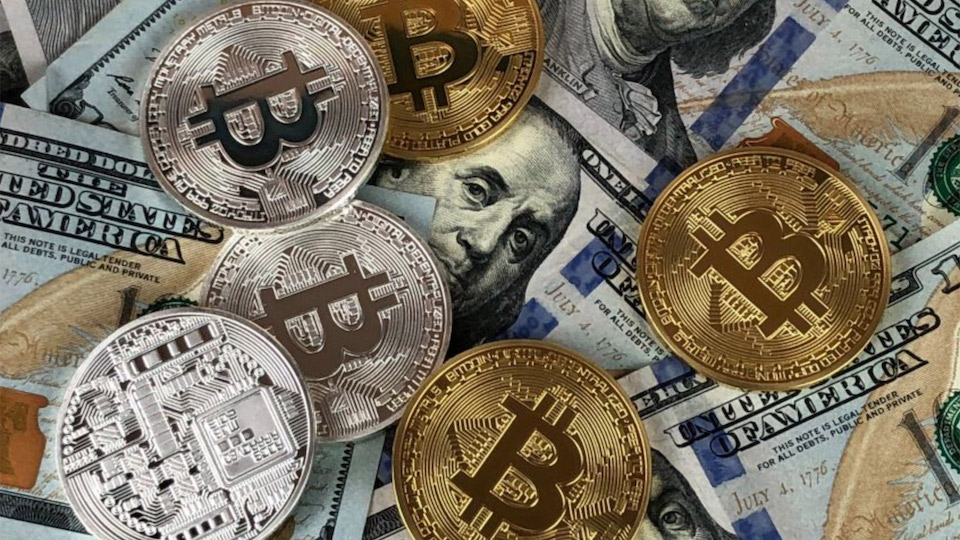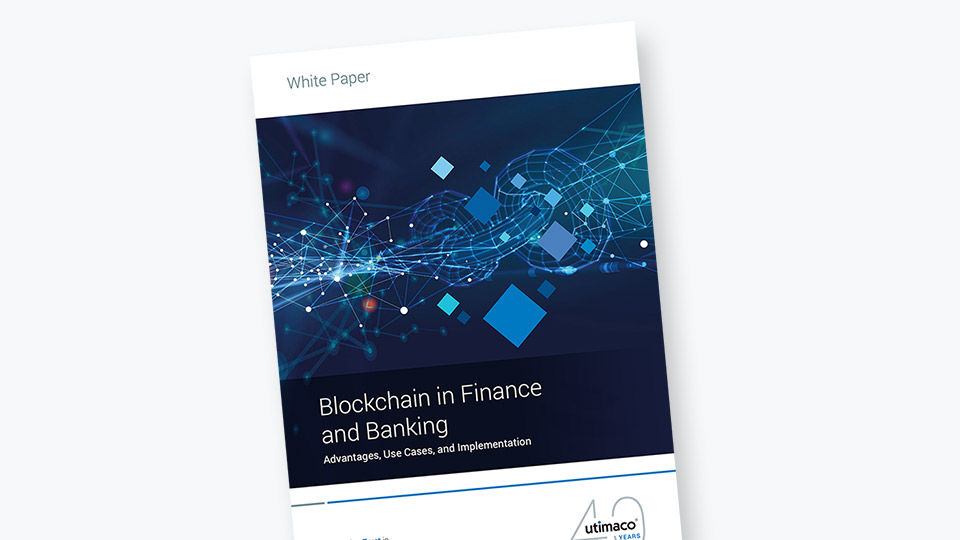Definition: A blockchain wallet is a digital wallet that users can use to store and manage Bitcoin, Ether, and other cryptocurrencies. A blockchain wallet allows cryptocurrencies and other digital assets to be transferred and converted back into the user's local currency.
A Blockchain Wallet explained
Blockchain ‘cryptocurrency’ wallets store users’ public and private keys while providing an easy-to-use interface to manage crypto balances. They also facilitate cryptocurrency transfers over the blockchain. Some wallets even allow users to connect with decentralized applications or purchase and trade crypto assets.
When using a blockchain wallet, it is important to bear in mind that blockchain wallets do not store cryptocurrency in the same way that physical wallets hold cash. In other words, cryptocurrency transactions take place by sending ‘tokens’. This means that when sending tokens, you are using your private key to sign the transaction and broadcast it back to the blockchain network. As a result, wallets read the public ledger to detail the balances and also hold the private key that enables the user to make any necessary transactions.
A wallet address is where digital assets and crypto money are stored or assigned. An address is a randomly generated set of numbers and letters which represent a type of unique number similar to a bank account number. The wallet address is mathematically derived from the wallet’s public key through a one-way function called “hashing”. The wallet address can be shared with another person and is used to receive transfers of digital assets.
Every blockchain wallet has:
- A public key that allows the user to receive cryptocurrency transactions. It is public and available to anyone in the system
- A private key that proves ownership of the respective public key. It must be stored securely and remain secret.
A wallet is able to maintain the balances of many tokens at the same time. As a result, a single wallet can be used to transact various cryptocurrencies that are compatible with blockchain. However, wallets prove to be even more useful than this - they enable users to trade non-fungible tokens (NFTs). NFTs are essentially authentication certificates stored on a blockchain and are used to represent objects such as images and media that can easily be reproduced.
Blockchain wallets charge ‘dynamic’ fees which means that the transaction fees may be varied, based on factors such as transaction size. All the transactions in a wallet are cryptographically assigned for security purposes. Since cryptocurrencies exist on a public digital ledger system and are accessed over the internet, those who intend to use and store cryptocurrencies for the long term should prioritize cybersecurity.
Organizations of all sizes can easily implement powerful, secure, and resilient blockchain applications, safeguarded by HSMs from Utimaco.
















